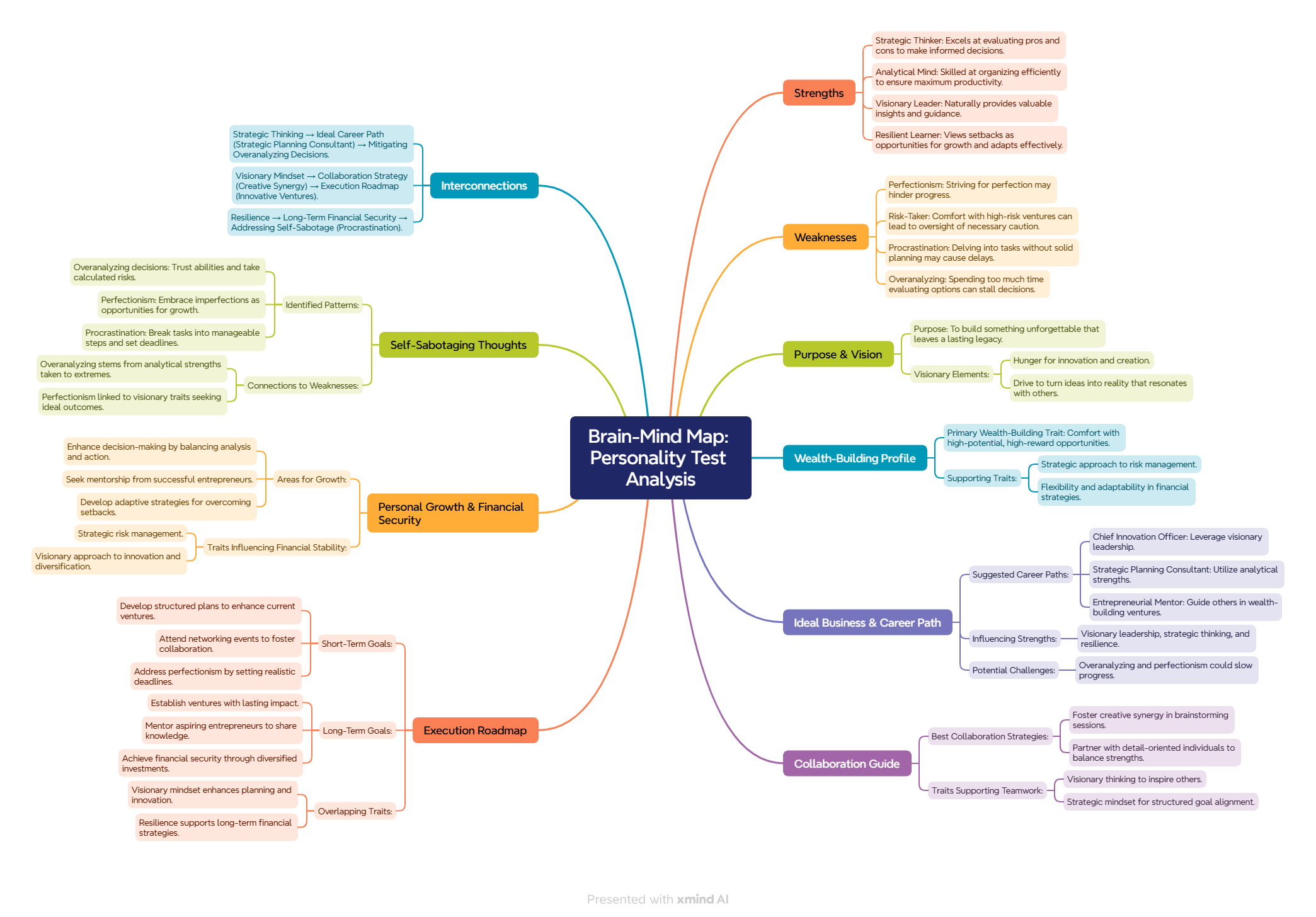Understanding the Foundations of Wellness

Achieving optimal health is a multifaceted endeavor that encompasses various elements contributing to overall wellness. At the core of this concept are four primary components: physical health, mental well-being, nutrition, and regular exercise. Each of these elements is interdependent, significantly influencing one another and shaping an individual’s overall health experience.
Physical health serves as the foundation for wellness. It involves maintaining bodily functions, preventing illnesses, and engaging in regular wellness checkups. A simple yet effective way to enhance physical health includes establishing a routine that incorporates both aerobic and strength-training exercises. This balanced approach fosters better cardiovascular health, muscular strength, and endurance, vital for everyday activities.
Equally important is mental well-being, which plays a critical role in achieving a healthy lifestyle. Mental health encompasses emotional stability, stress management, and cognitive functioning. Mindfulness practices, such as meditation or deep-breathing exercises, can greatly enhance one’s mental clarity and reduce anxiety. When mental health is prioritized, it fosters resilience and the ability to cope with daily challenges.
Nutrition is another key element that cannot be overlooked. A balanced diet rich in fruits, vegetables, whole grains, and lean proteins lays the groundwork for sustained energy and health. Proper nutrition not only enhances physical health but also influences cognitive function and mood stability. It is essential to develop healthy eating habits, such as meal prepping or mindful eating, to overcome challenges associated with dietary choices.
Regular exercise is the final piece of the wellness puzzle. Engaging in consistent physical activity not only helps maintain a healthy weight but also improves mental and emotional states. Finding enjoyable forms of exercise, such as group classes or outdoor activities, can help make fitness a habitual part of life. By focusing on these components—physical health, mental well-being, nutrition, and regular exercise—individuals can create a sustainable and holistic approach to their health journey.
Creating Sustainable Healthy Habits
Developing and maintaining sustainable healthy habits is essential for achieving and maintaining optimal health over time. Understanding the psychology of habit formation plays a vital role in this process. Habits are formed through a cyclical pattern known as the habit loop, which consists of a cue, routine, and reward. Recognizing these components can empower individuals to create healthy routines that align with their personal goals. Furthermore, setting clear and achievable goals is crucial. Goals should be specific, measurable, attainable, relevant, and time-bound (SMART). This framework helps in developing a sense of direction and provides a tangible roadmap towards improved health.
Tracking progress is another effective strategy for maintaining healthy habits. Keeping a journal or using digital tools to log daily activities fosters accountability and allows individuals to reflect on their journey. Regular reflection on achievements, no matter how small, reinforces motivation and encourages continued efforts towards habit formation. It is also important to implement gradual changes rather than overwhelming oneself with drastic lifestyle adjustments. A slow and steady approach is often more sustainable—introducing new habits incrementally can lead to lasting change.
Social support significantly influences the success of one’s health journey. Engaging with friends, family, or support groups fosters a sense of community, encouraging individuals to remain committed to their goals. Sharing progress and experiences can create a collective motivation and reinforce positive behaviors. Moreover, setbacks are an inevitable part of any change process. Developing resilience through techniques such as mindfulness and positive self-talk can help individuals navigate obstacles without abandoning their commitments. Cultivating a positive mindset towards health goals, focusing on progress rather than perfection, ultimately makes the journey not only achievable but also enjoyable. In conclusion, with the right strategies and support, creating sustainable healthy habits can lead to a transformative lifestyle change.










